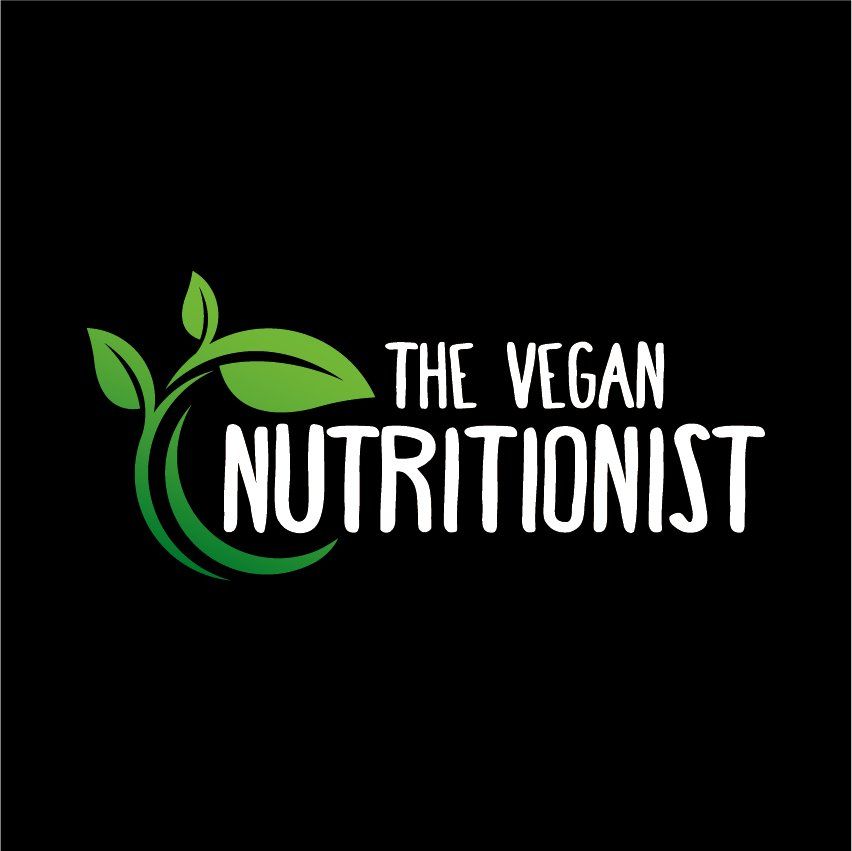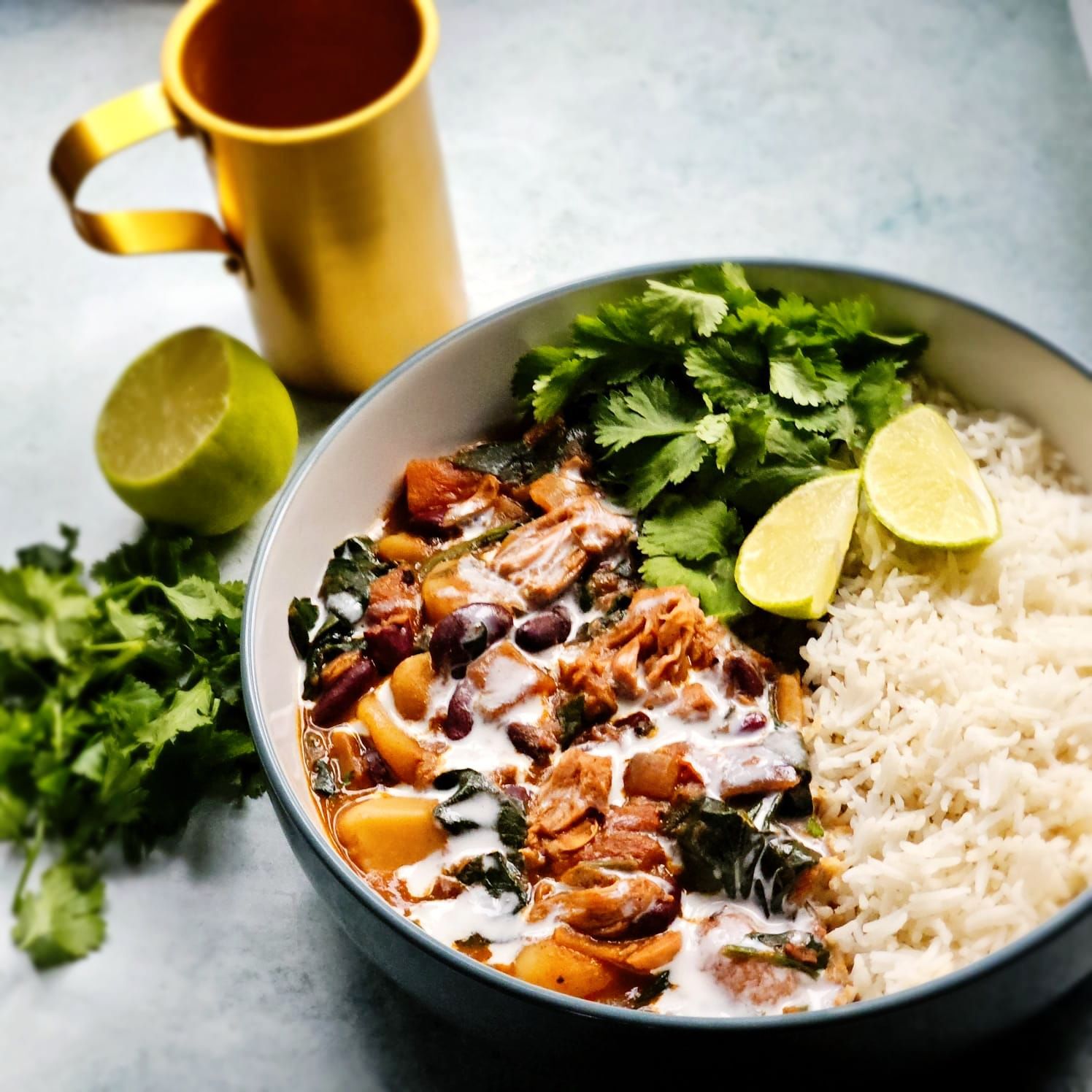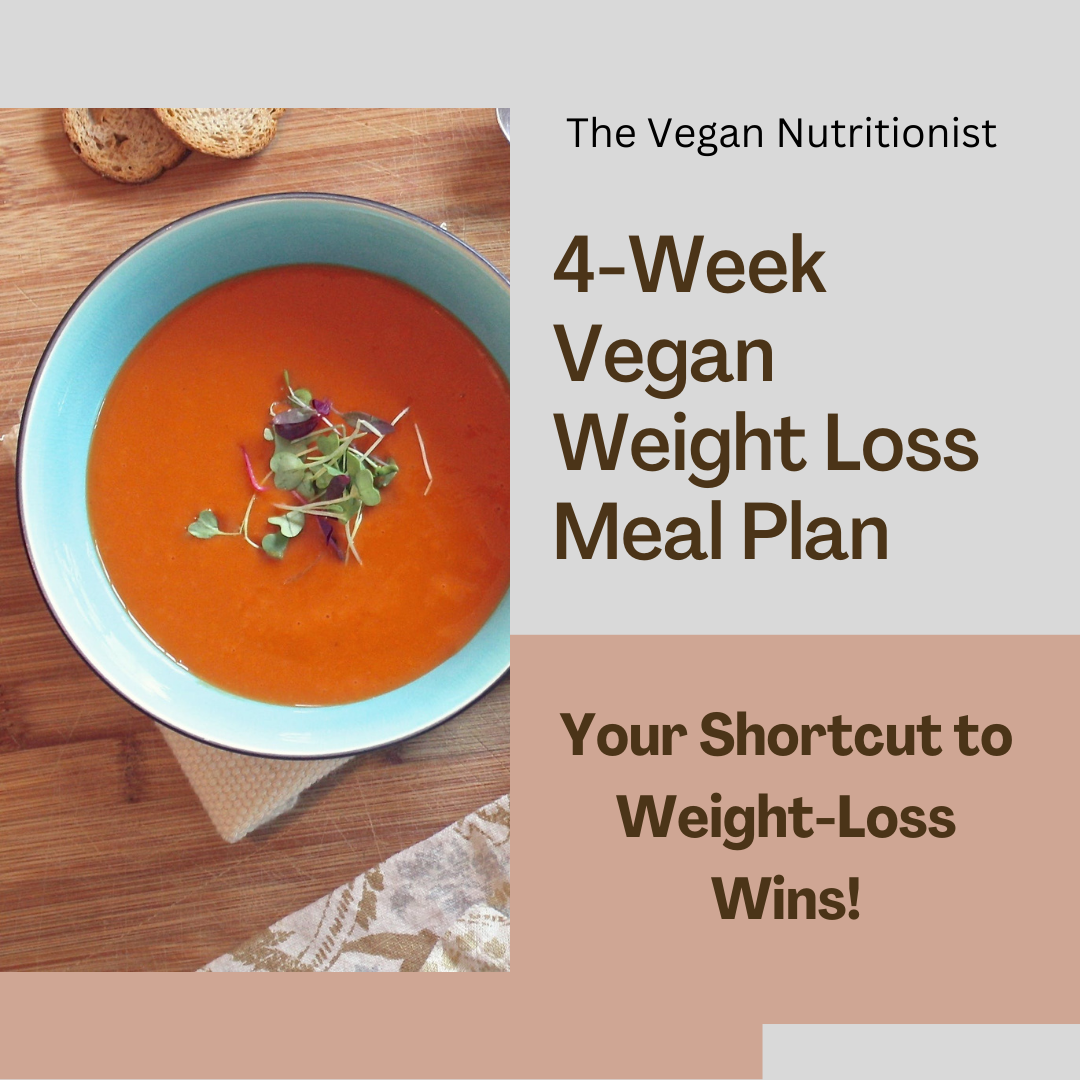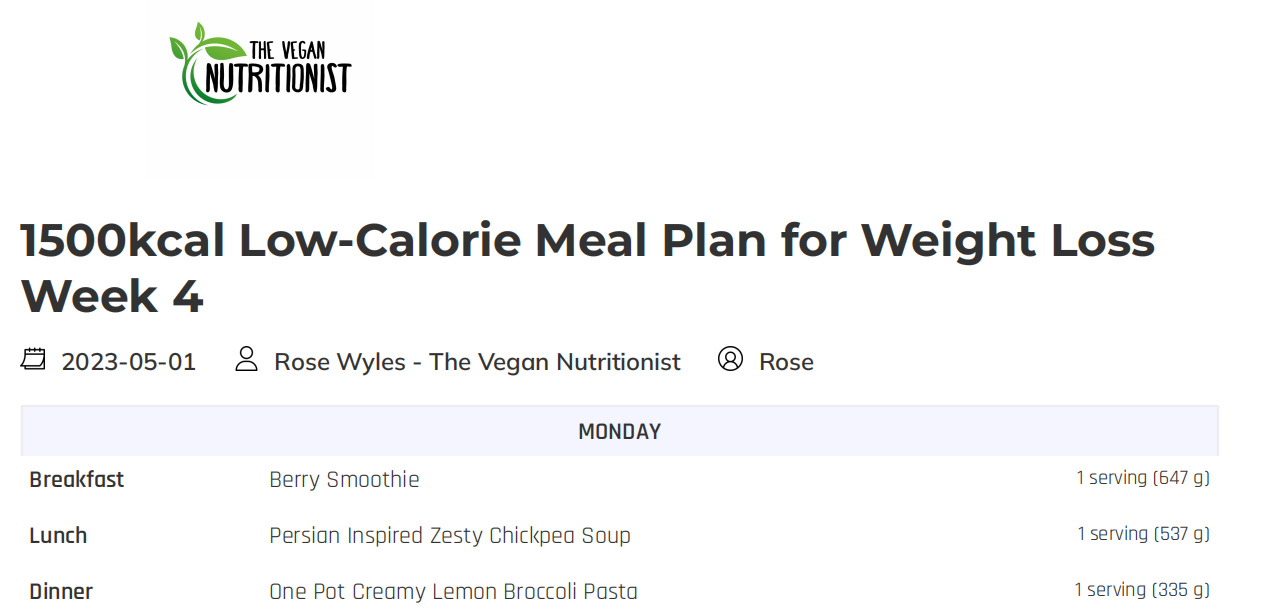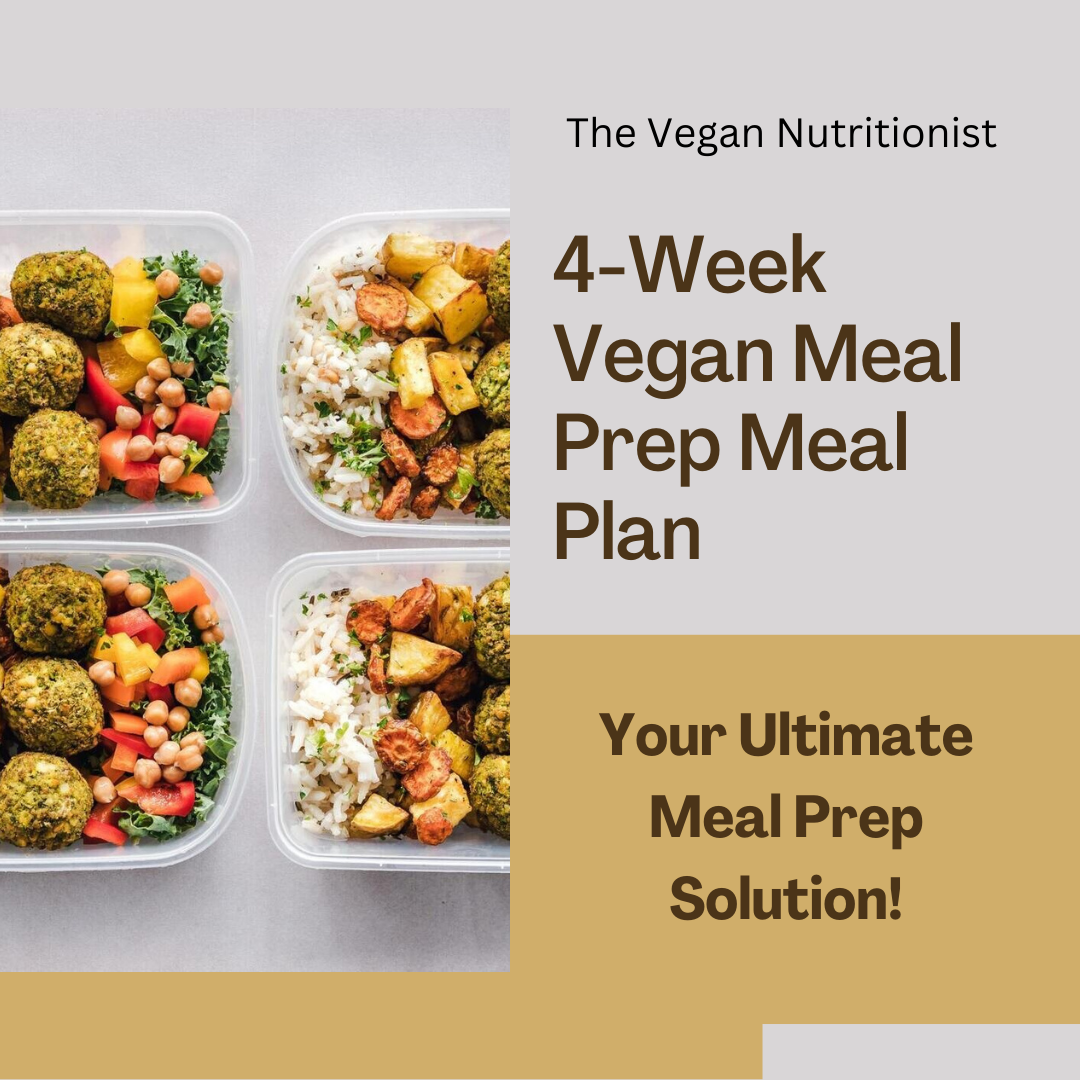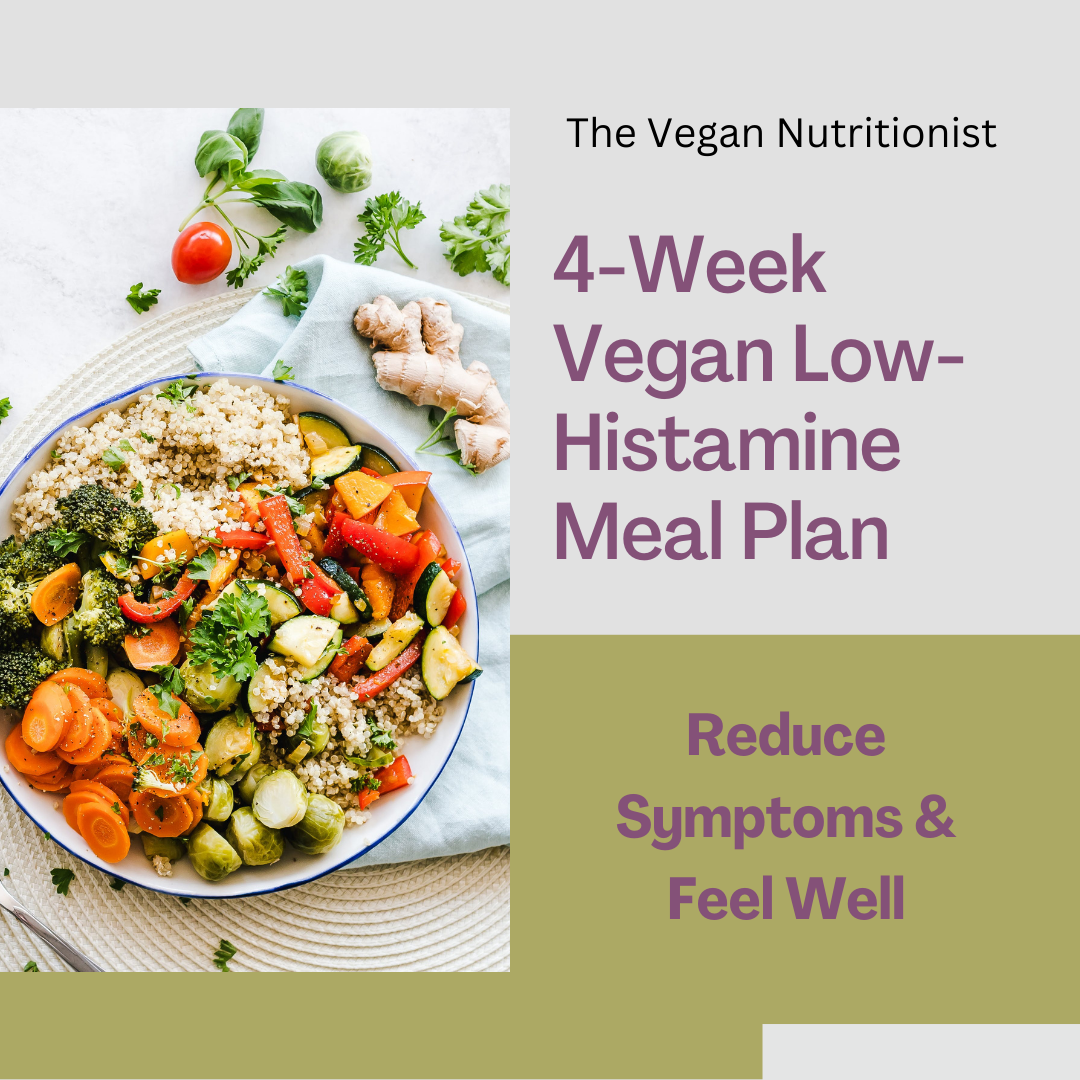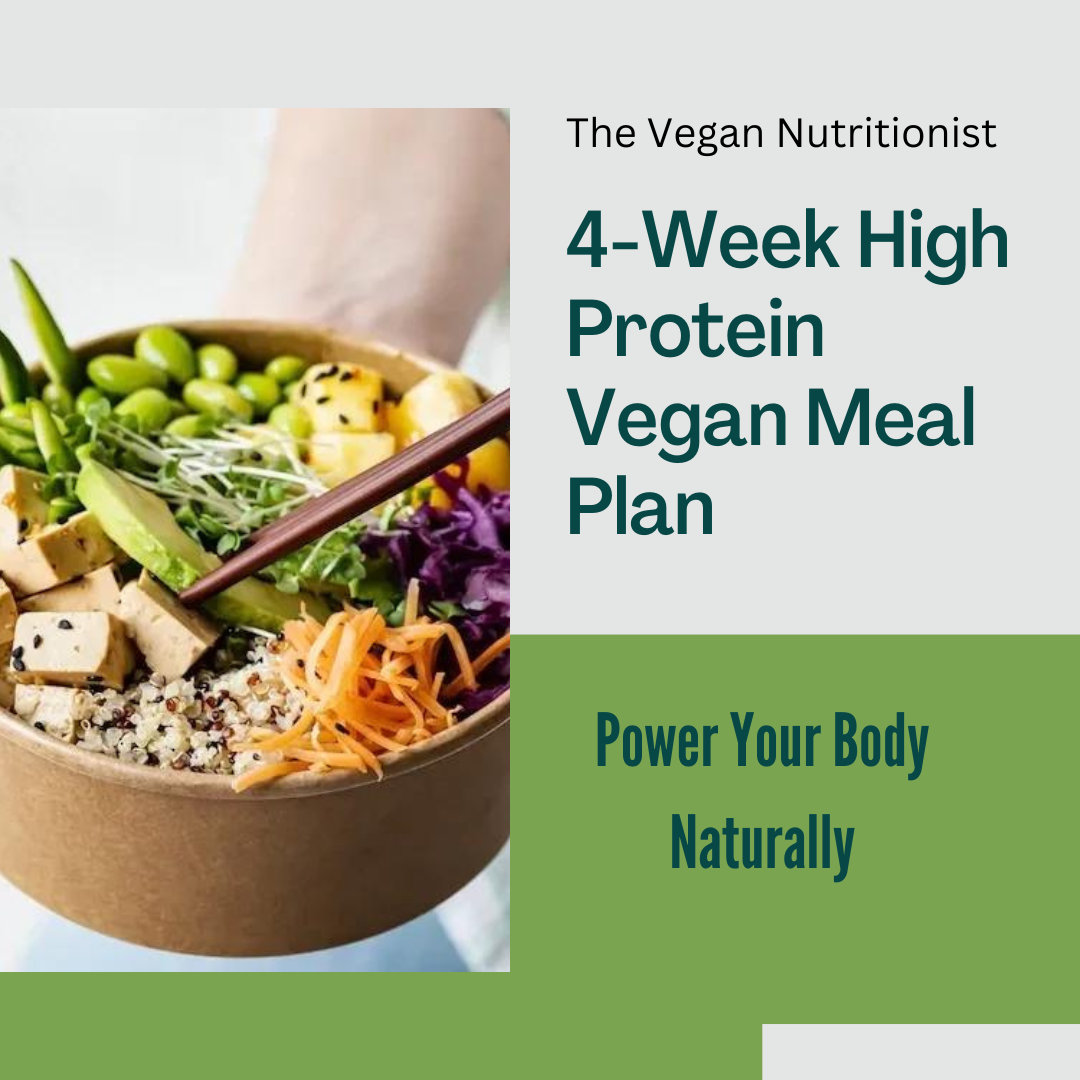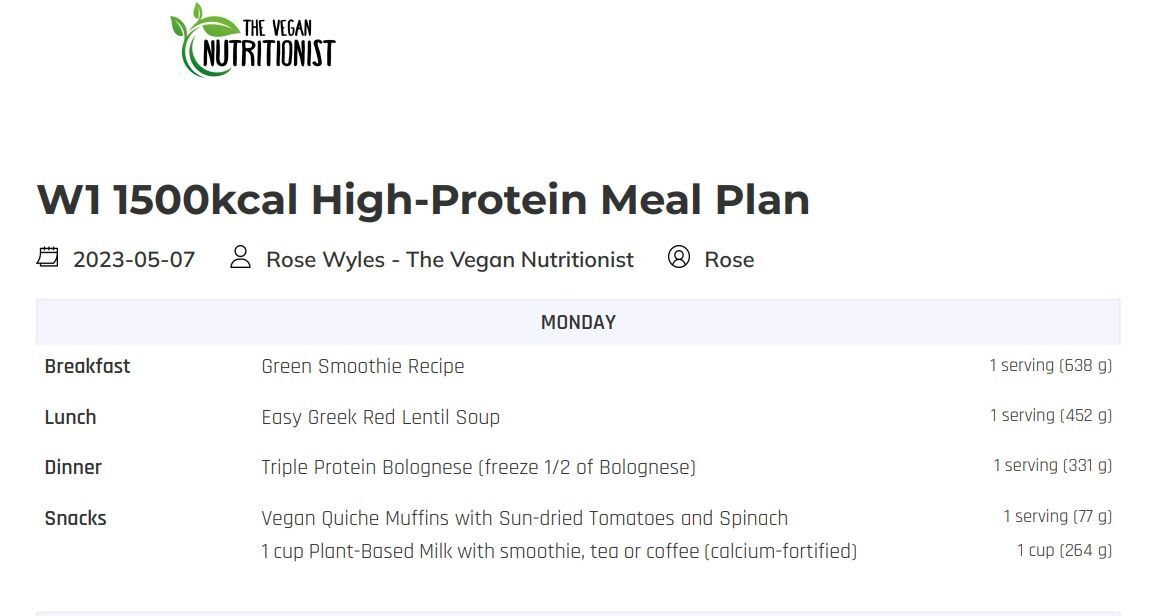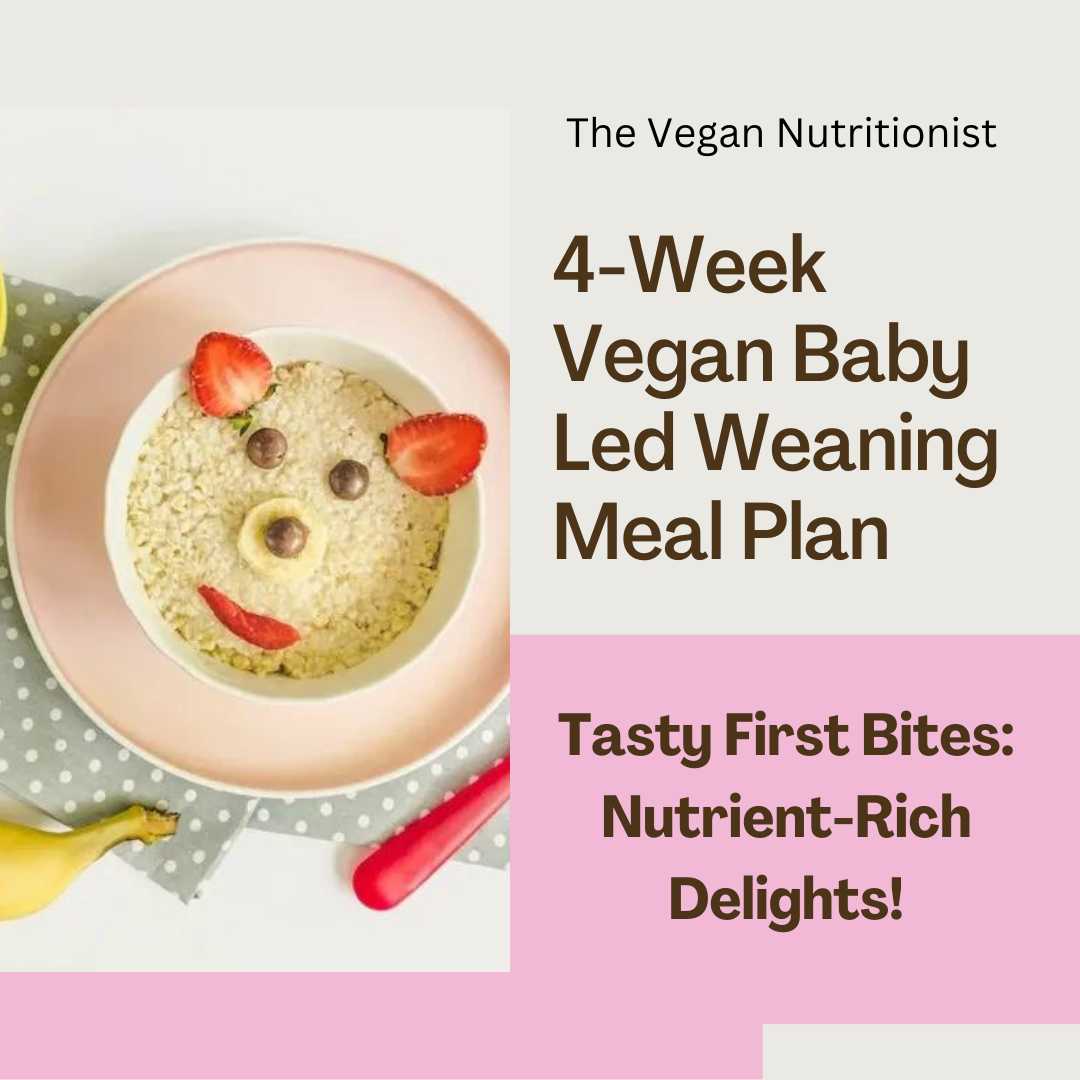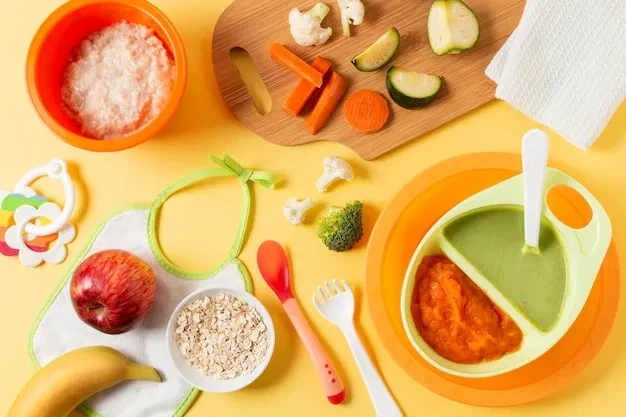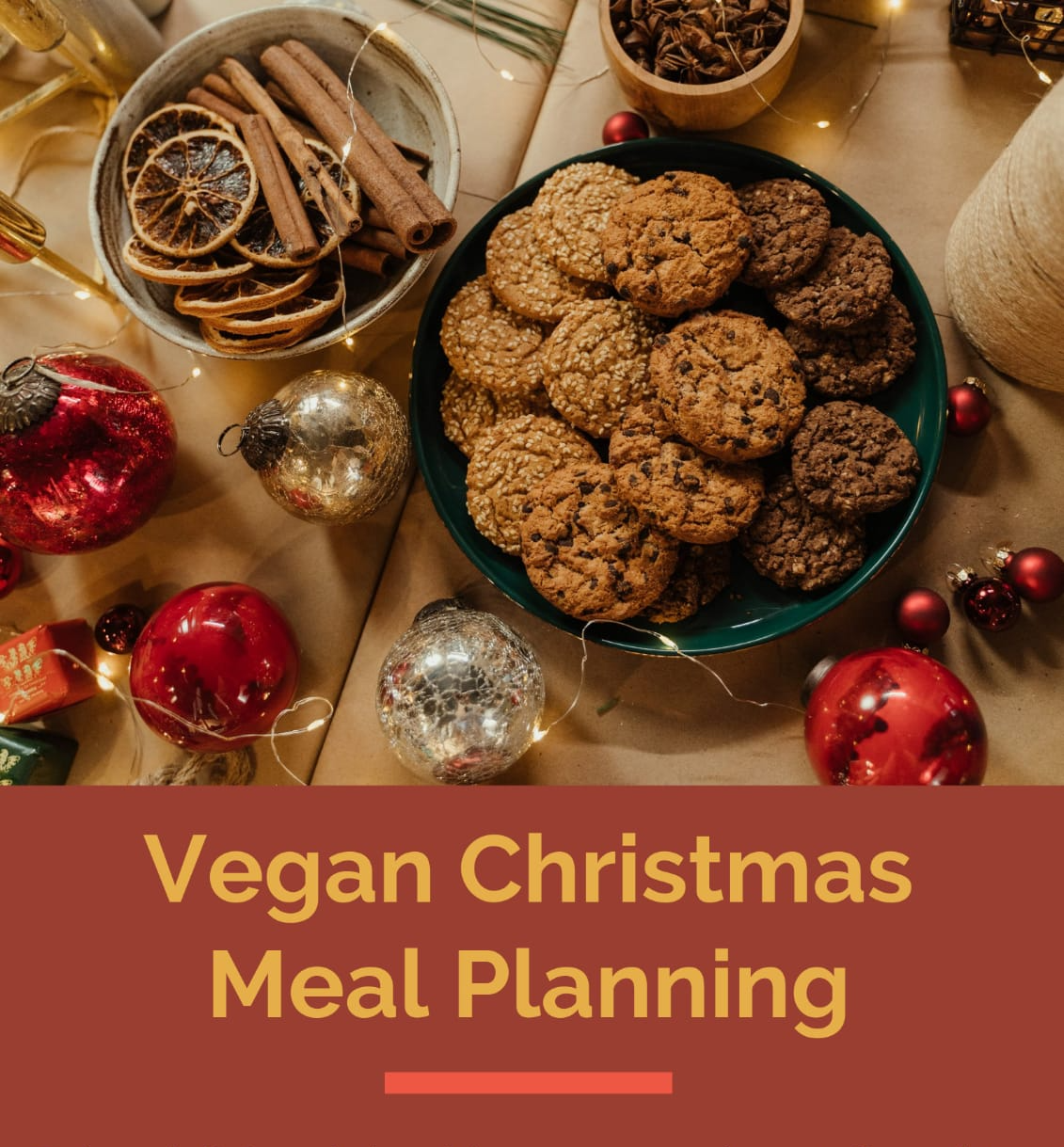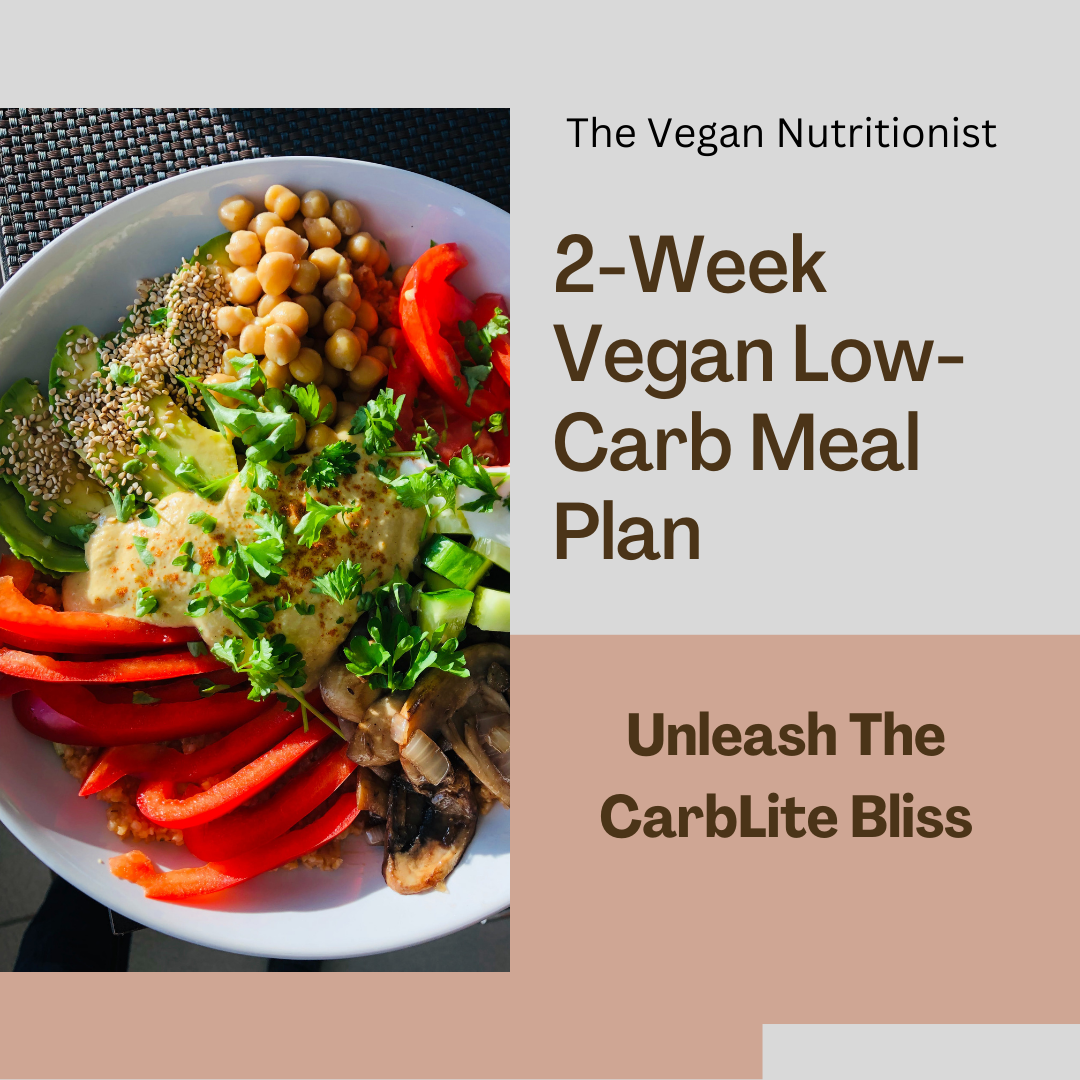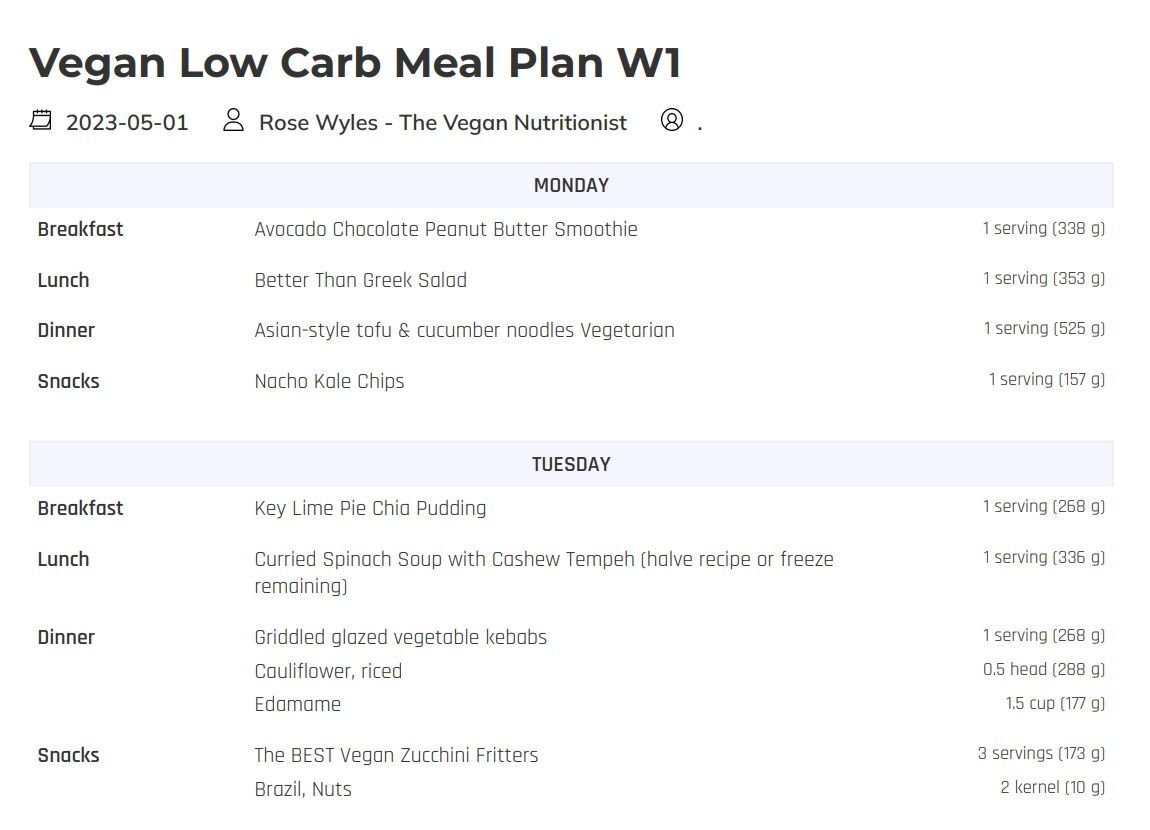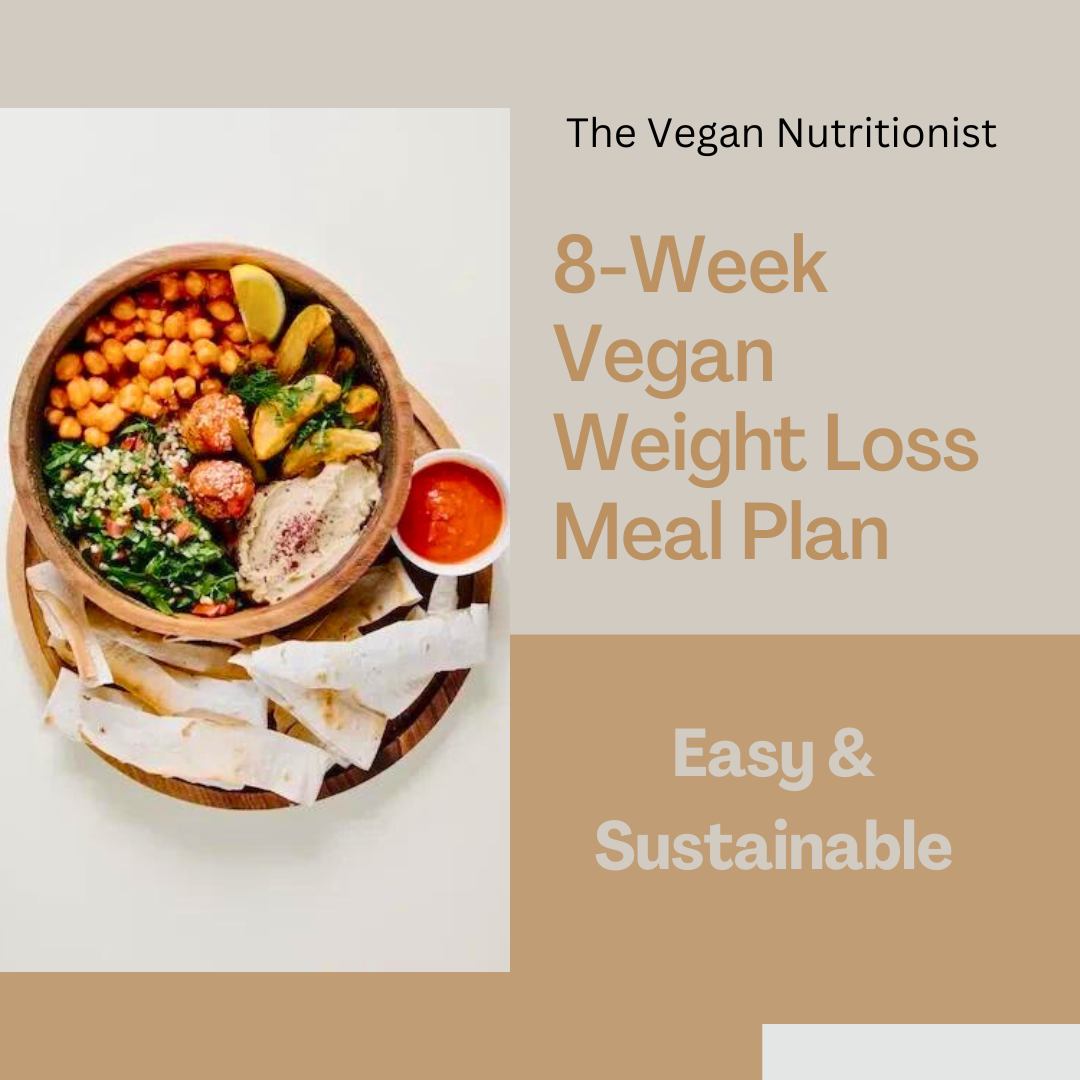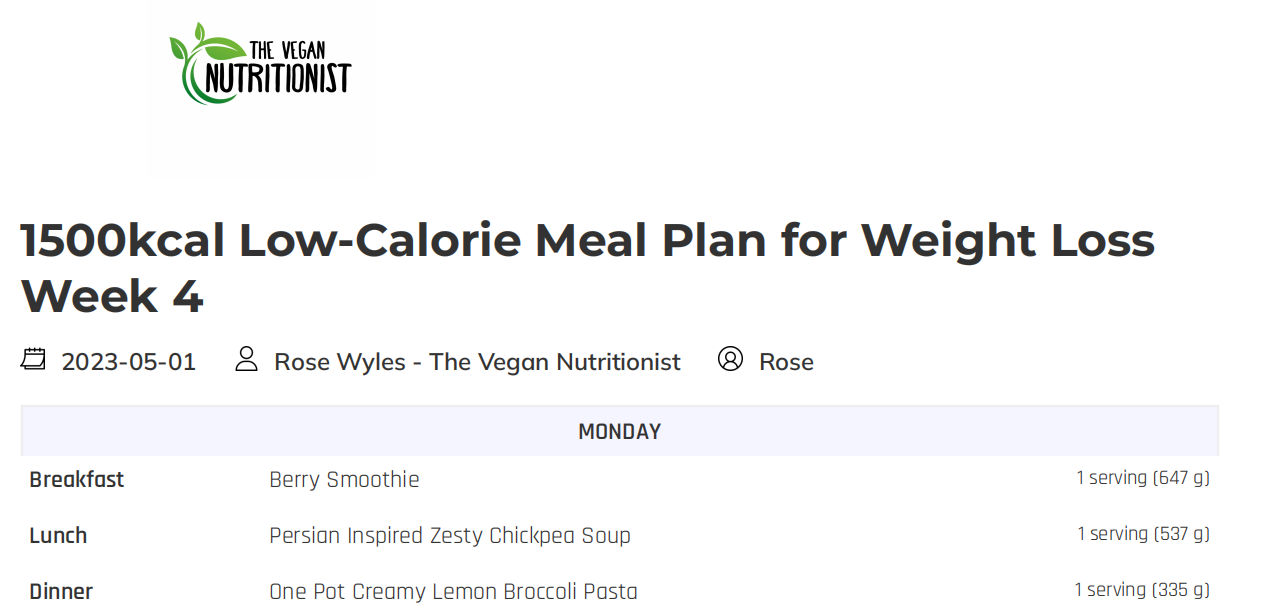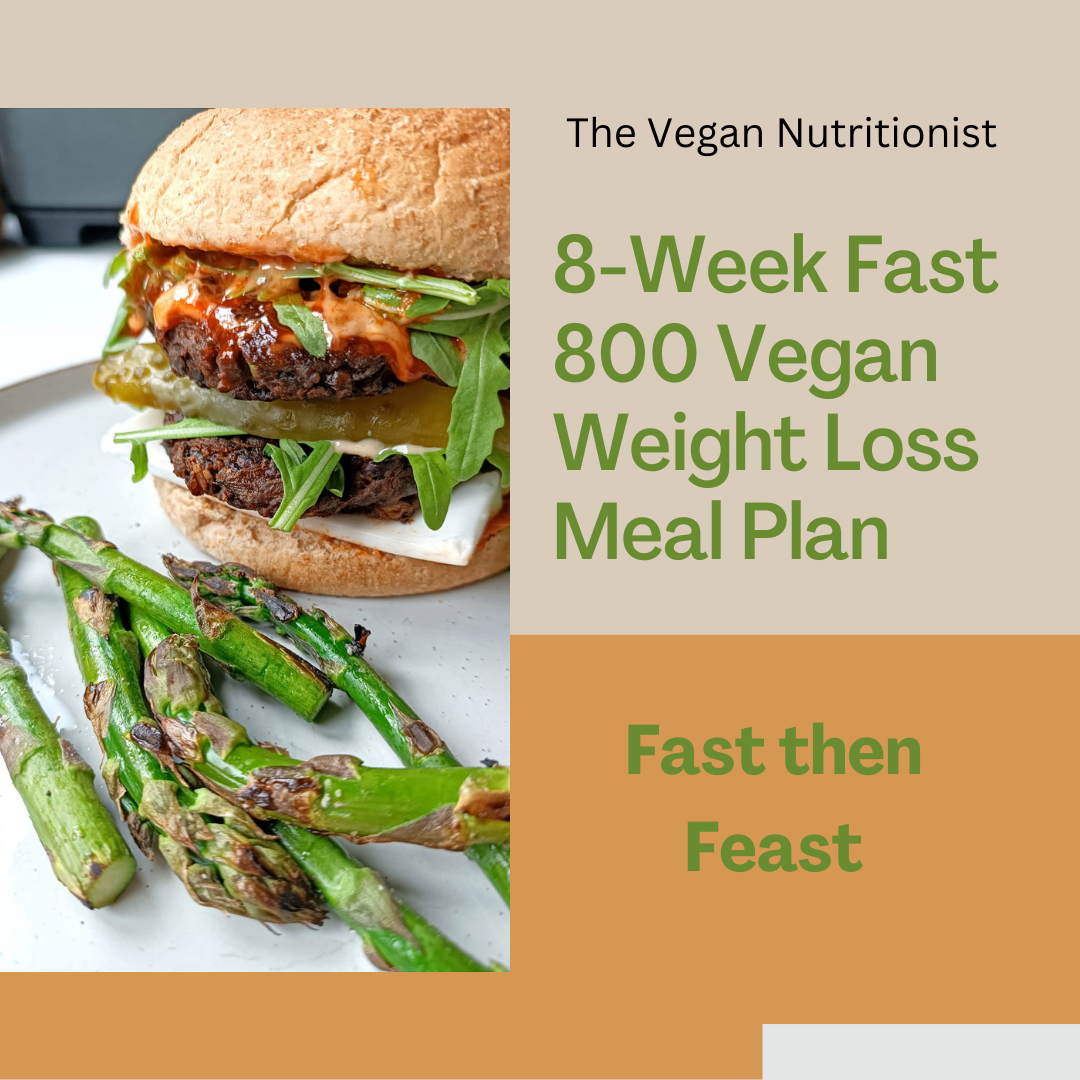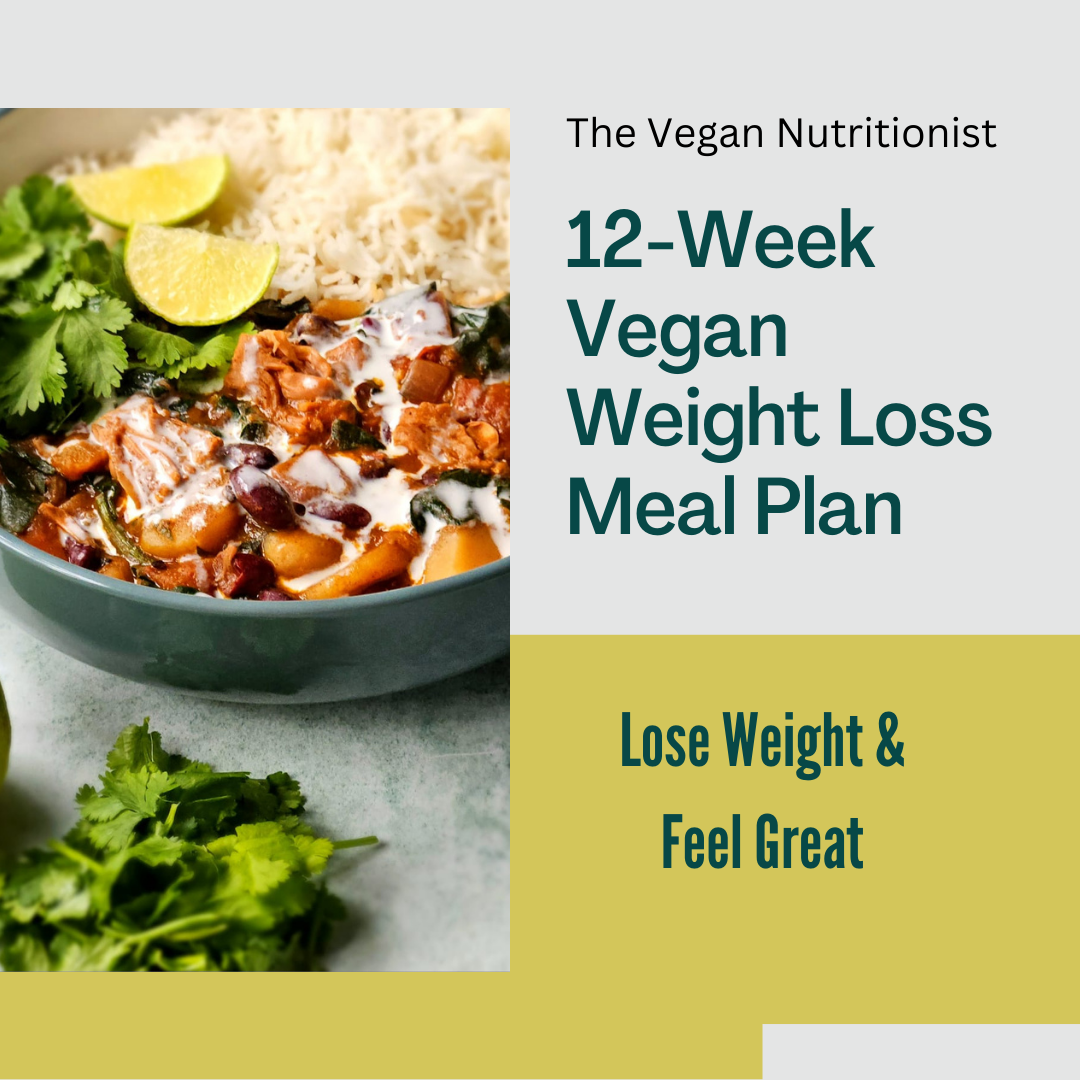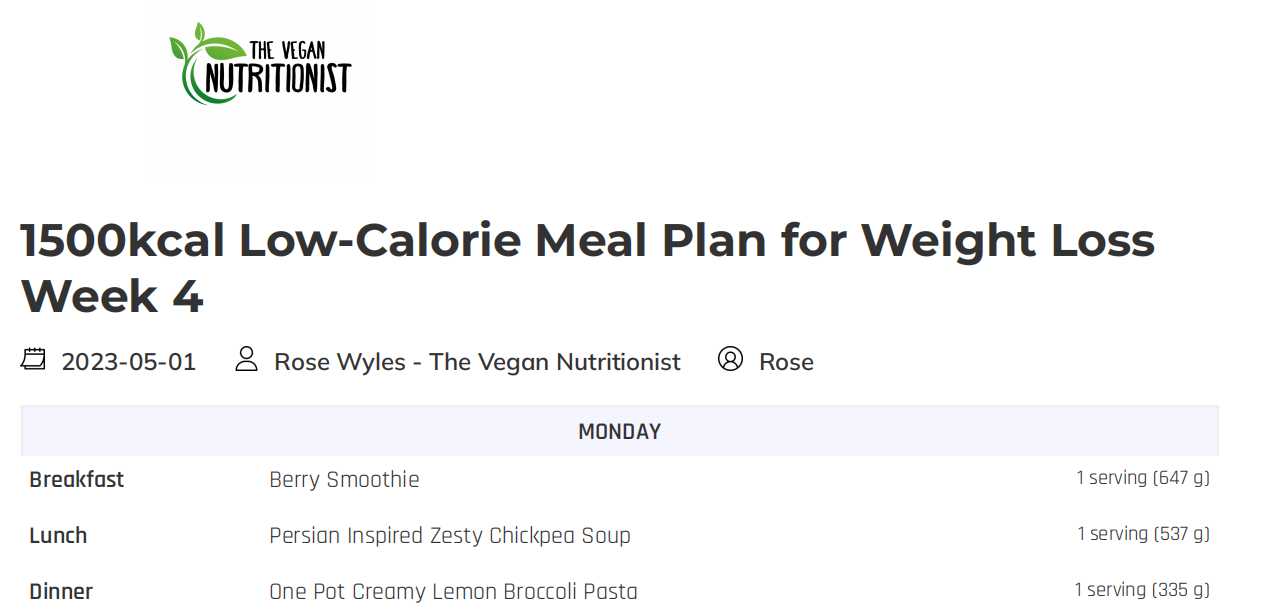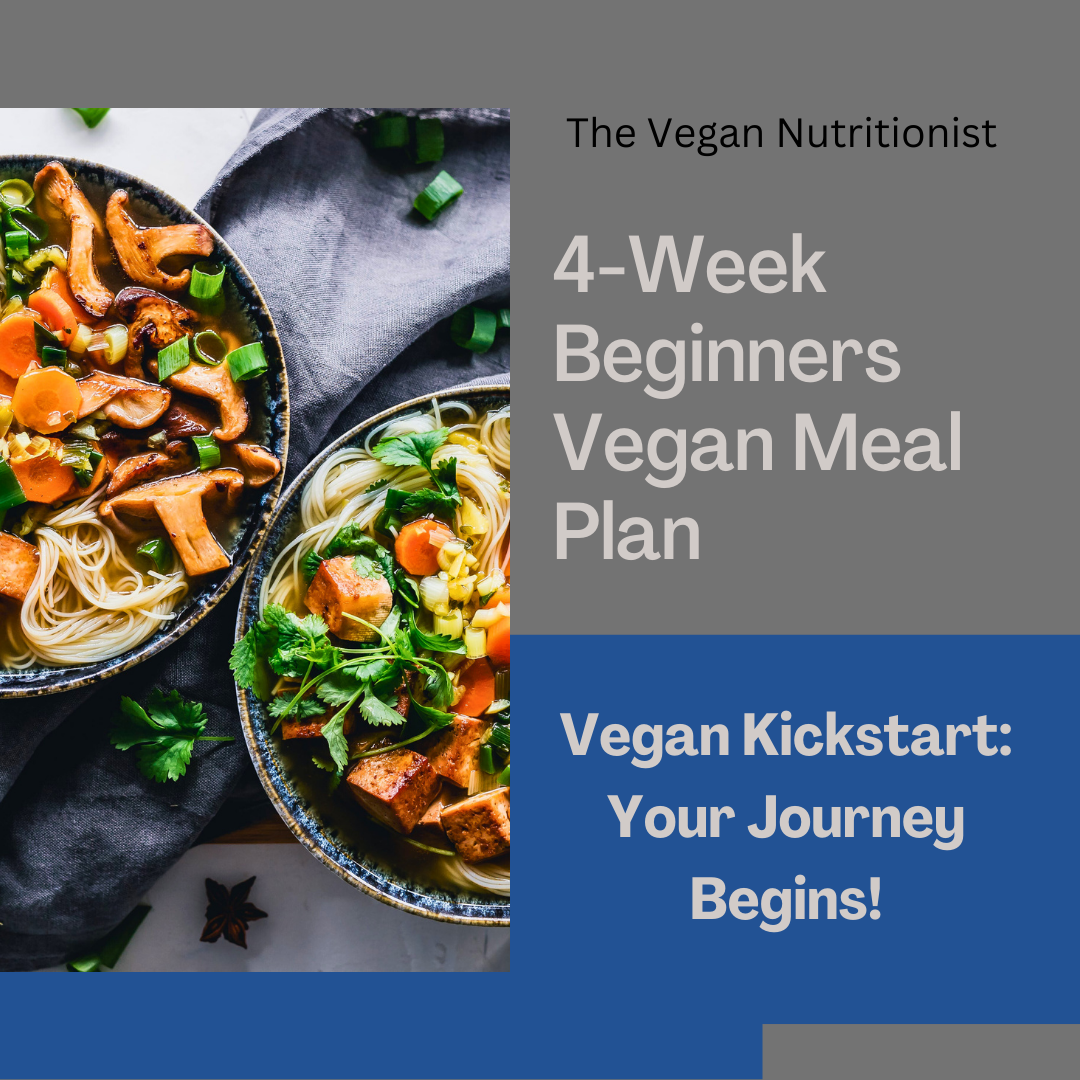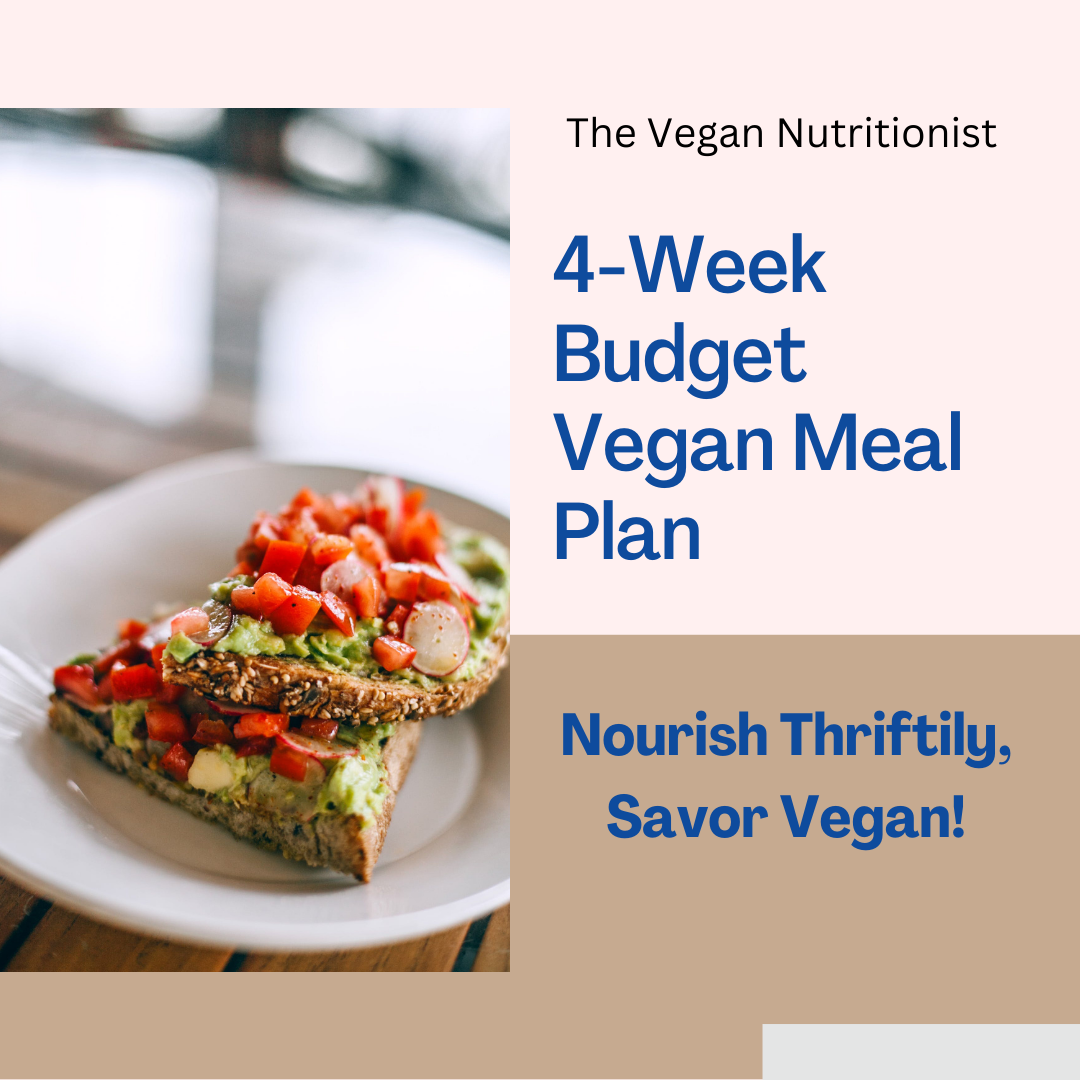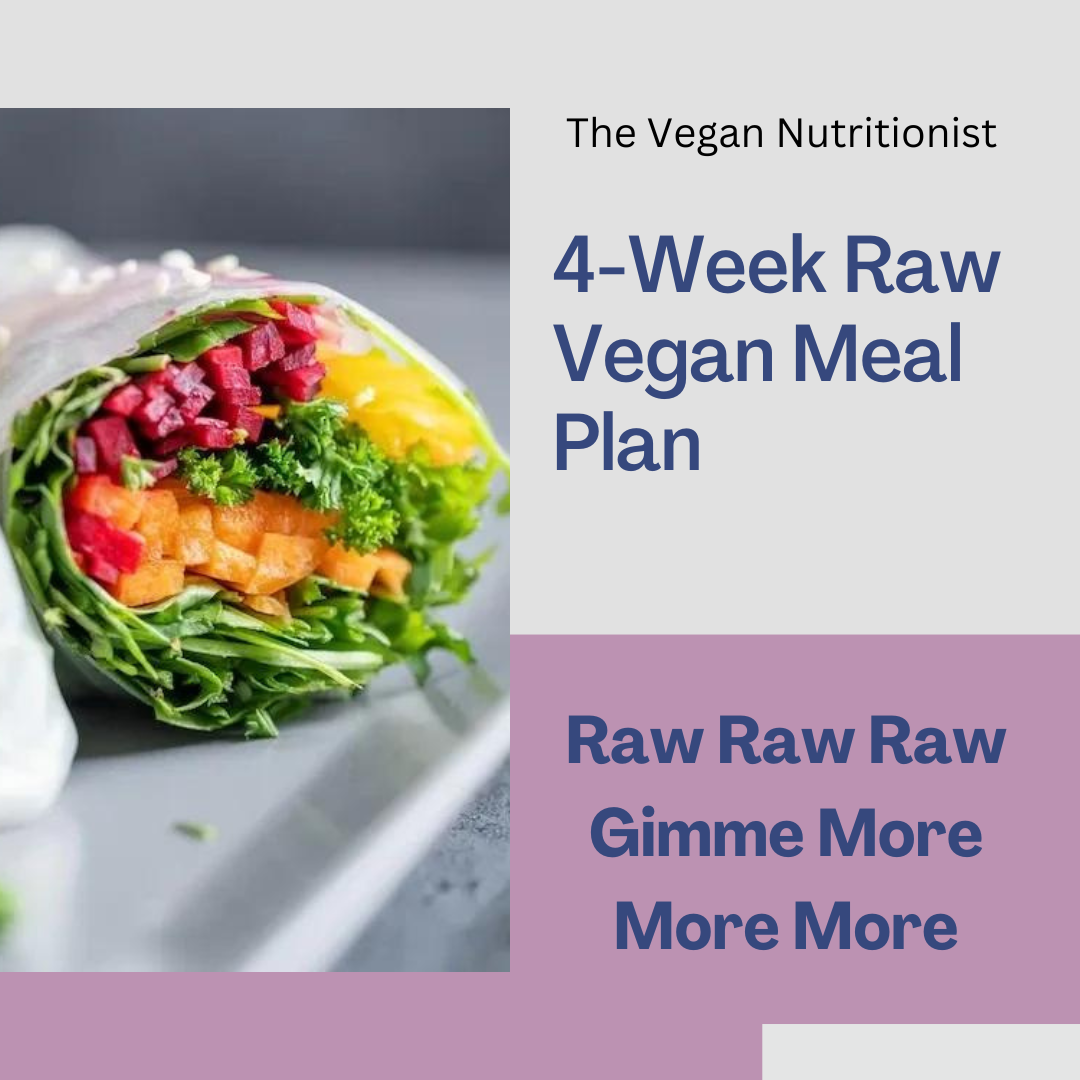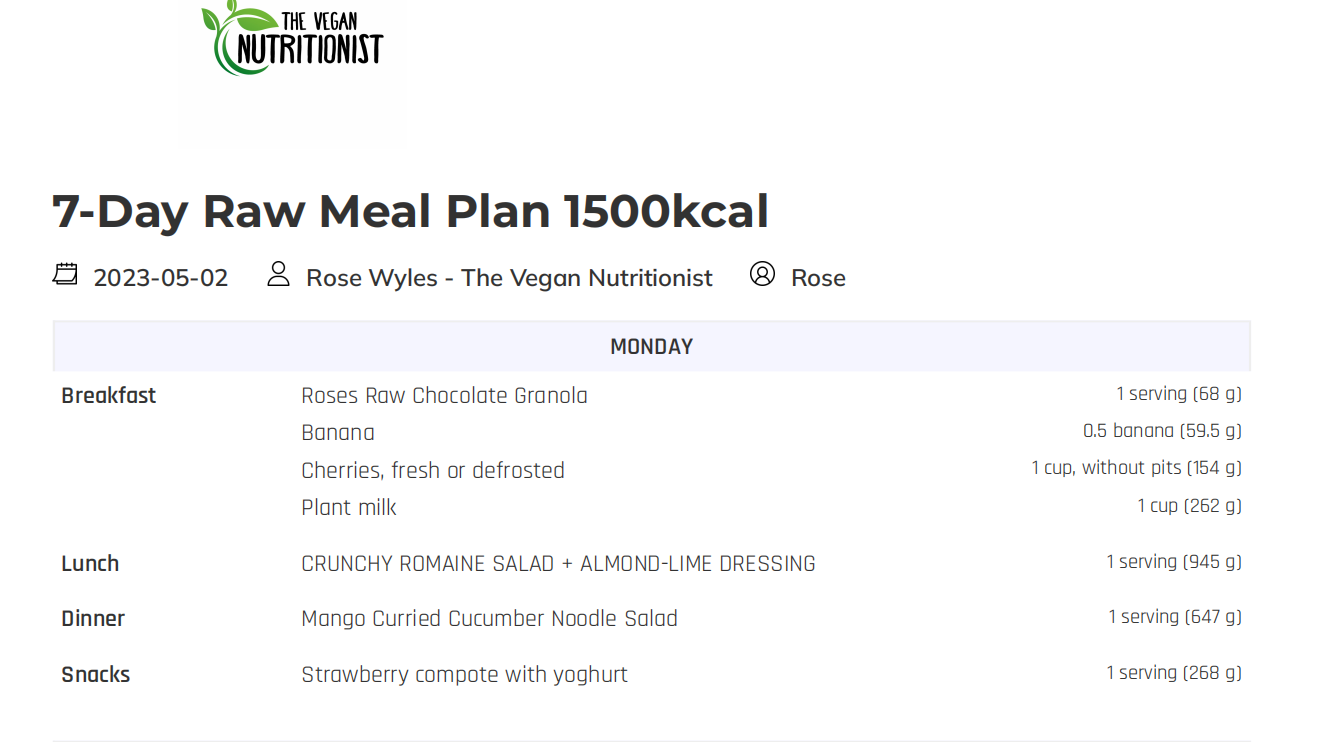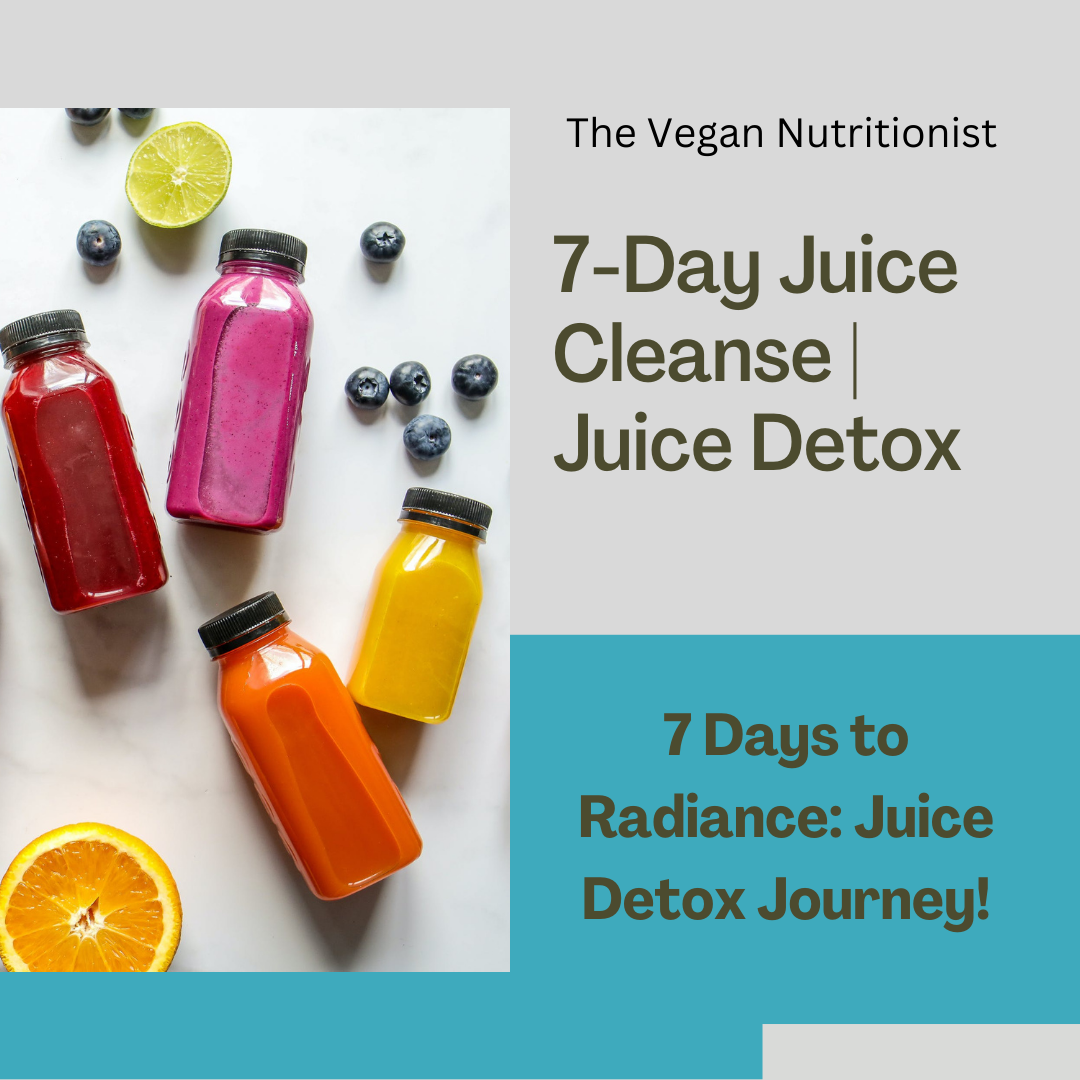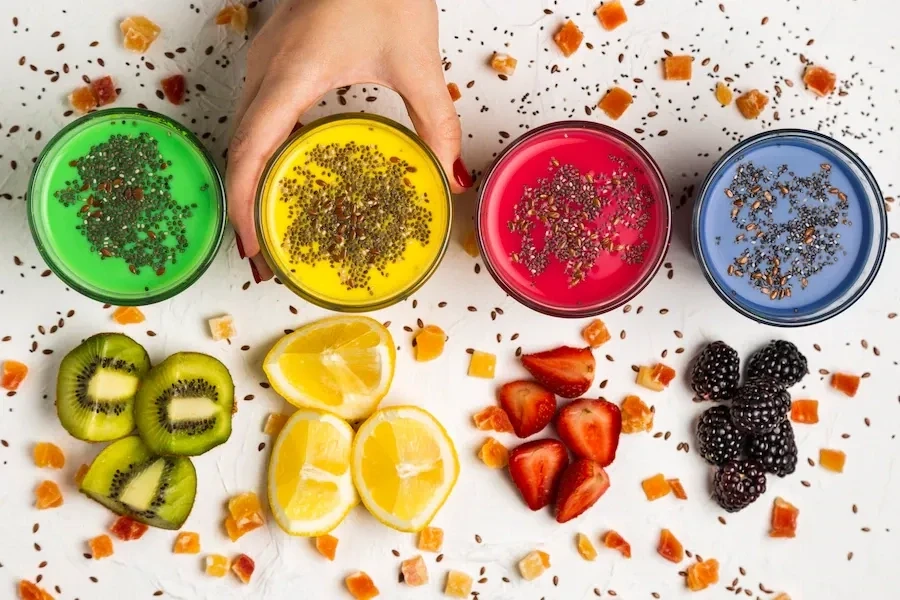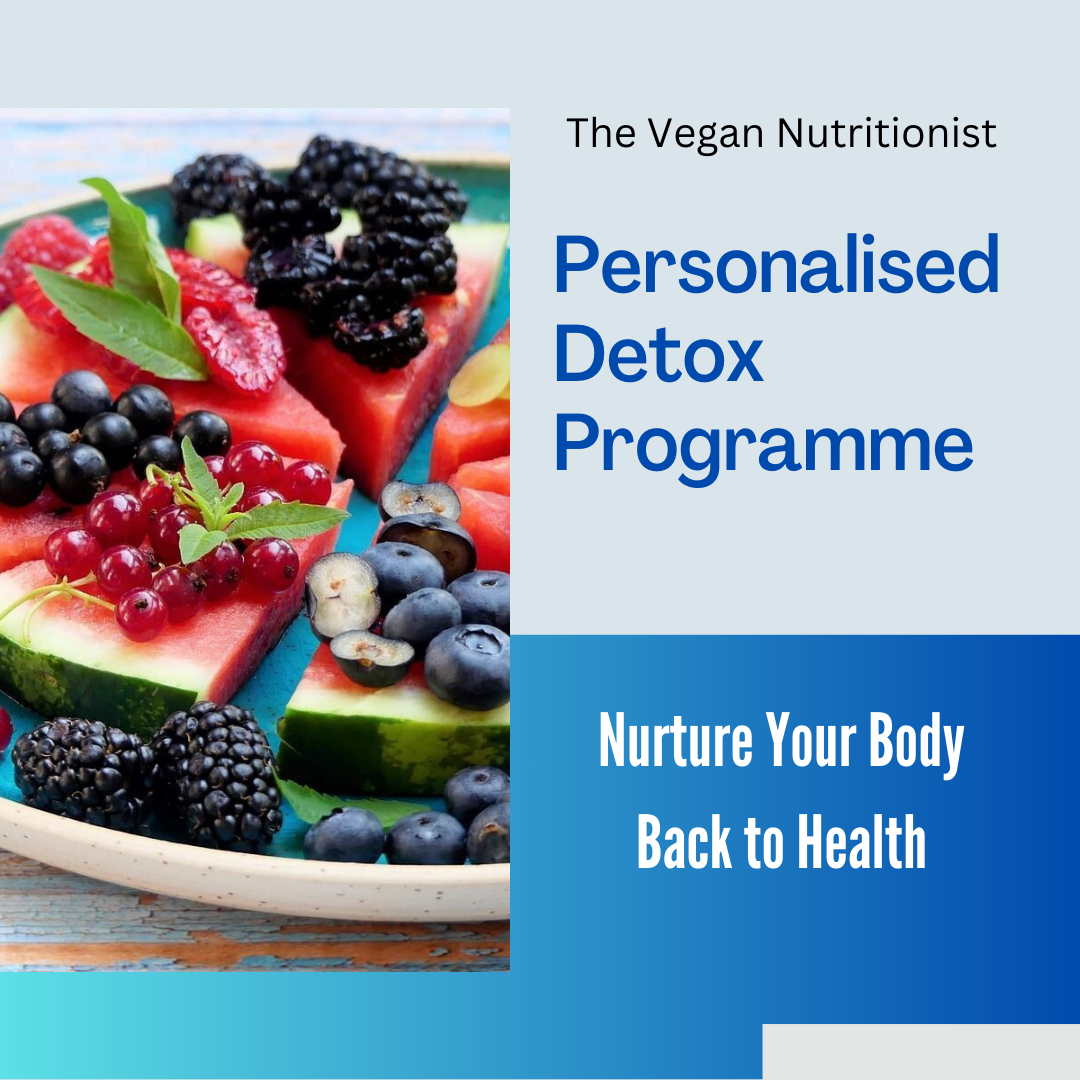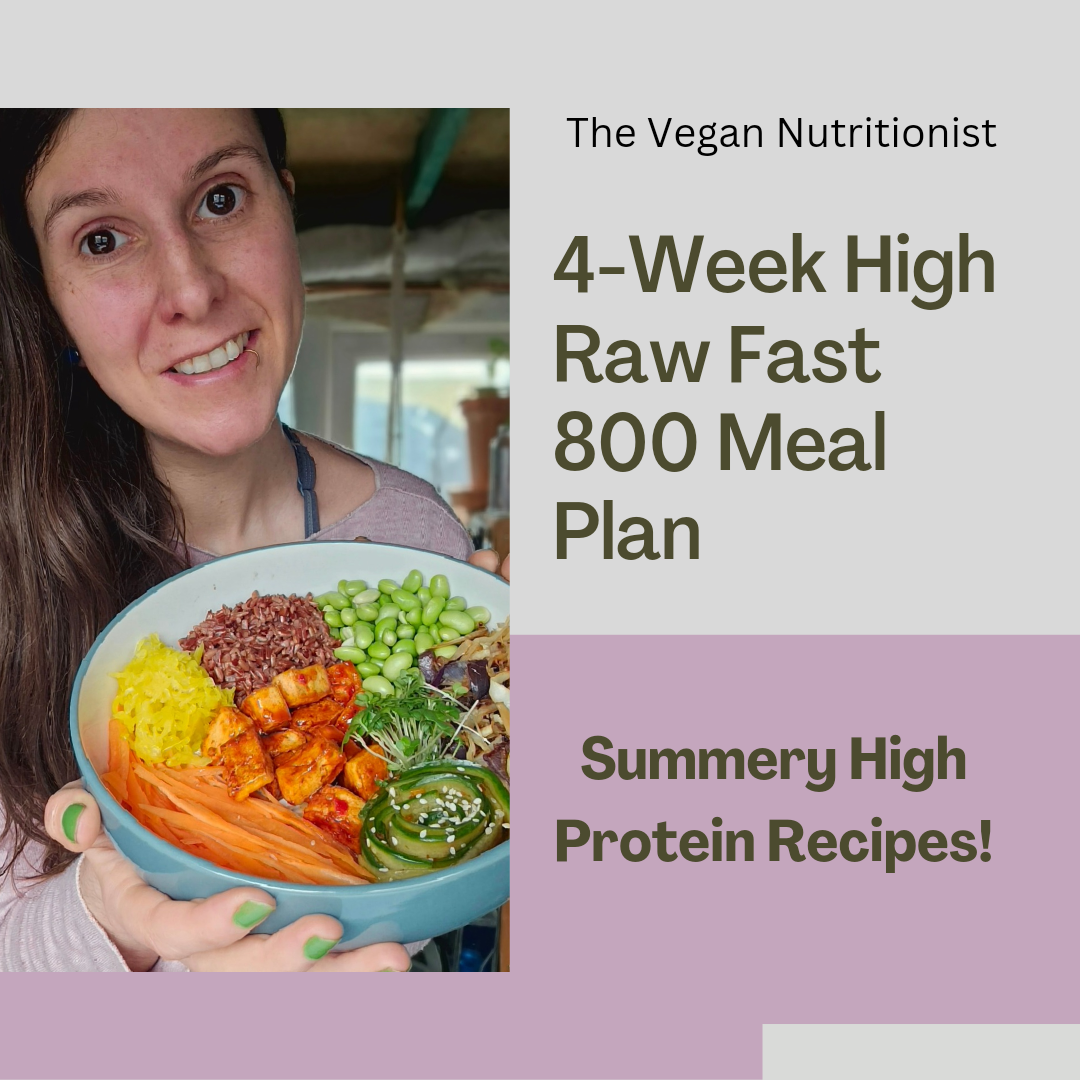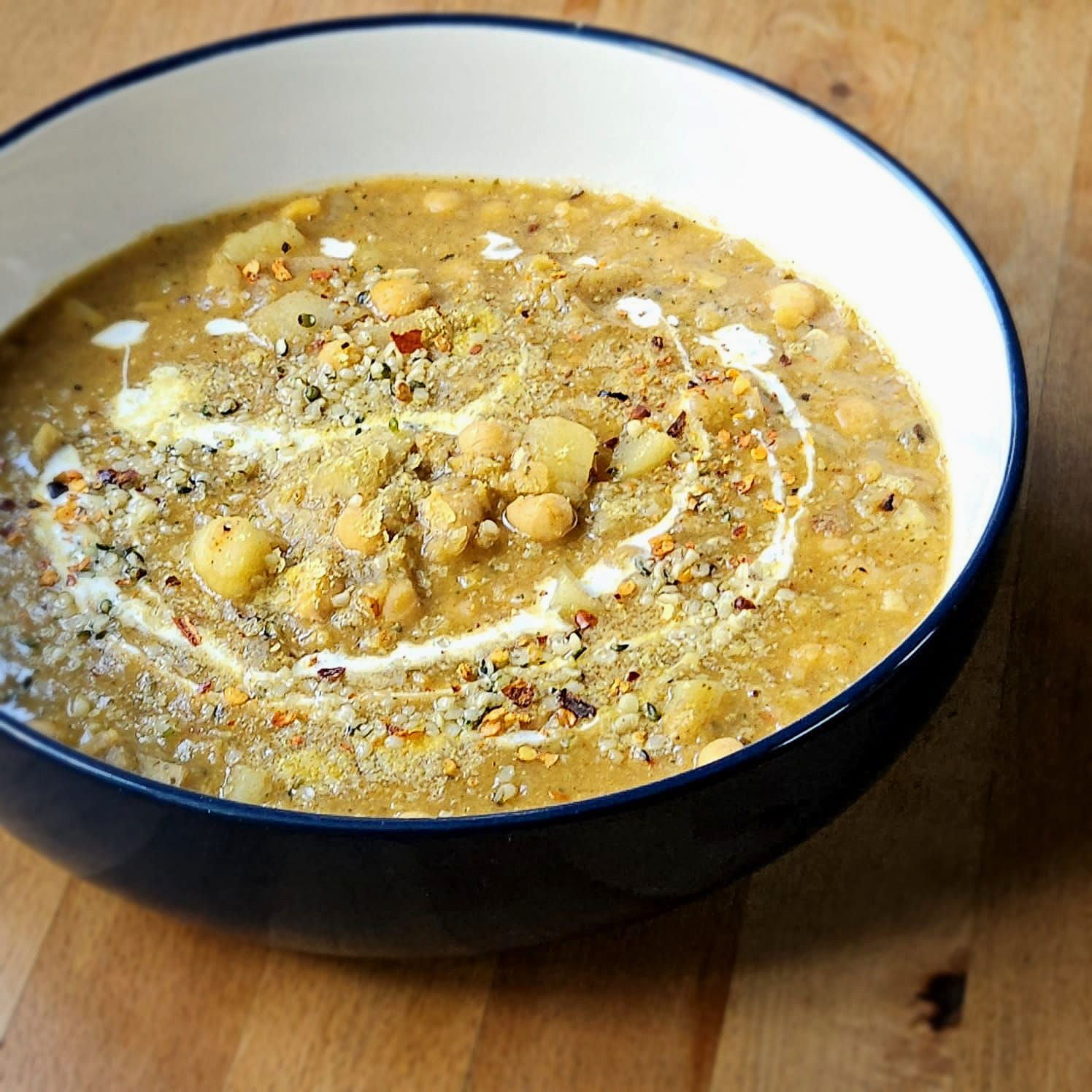Organic Food vs Non-Organic - Which is HEALTHIER?
When it comes to food, most of us have strong opinions. Some love organic foods while others hate non-organic ones. However, the question arises whether organic food is genuinely better than non-organic? Let's delve deeper into when we should buy organic and when not to.
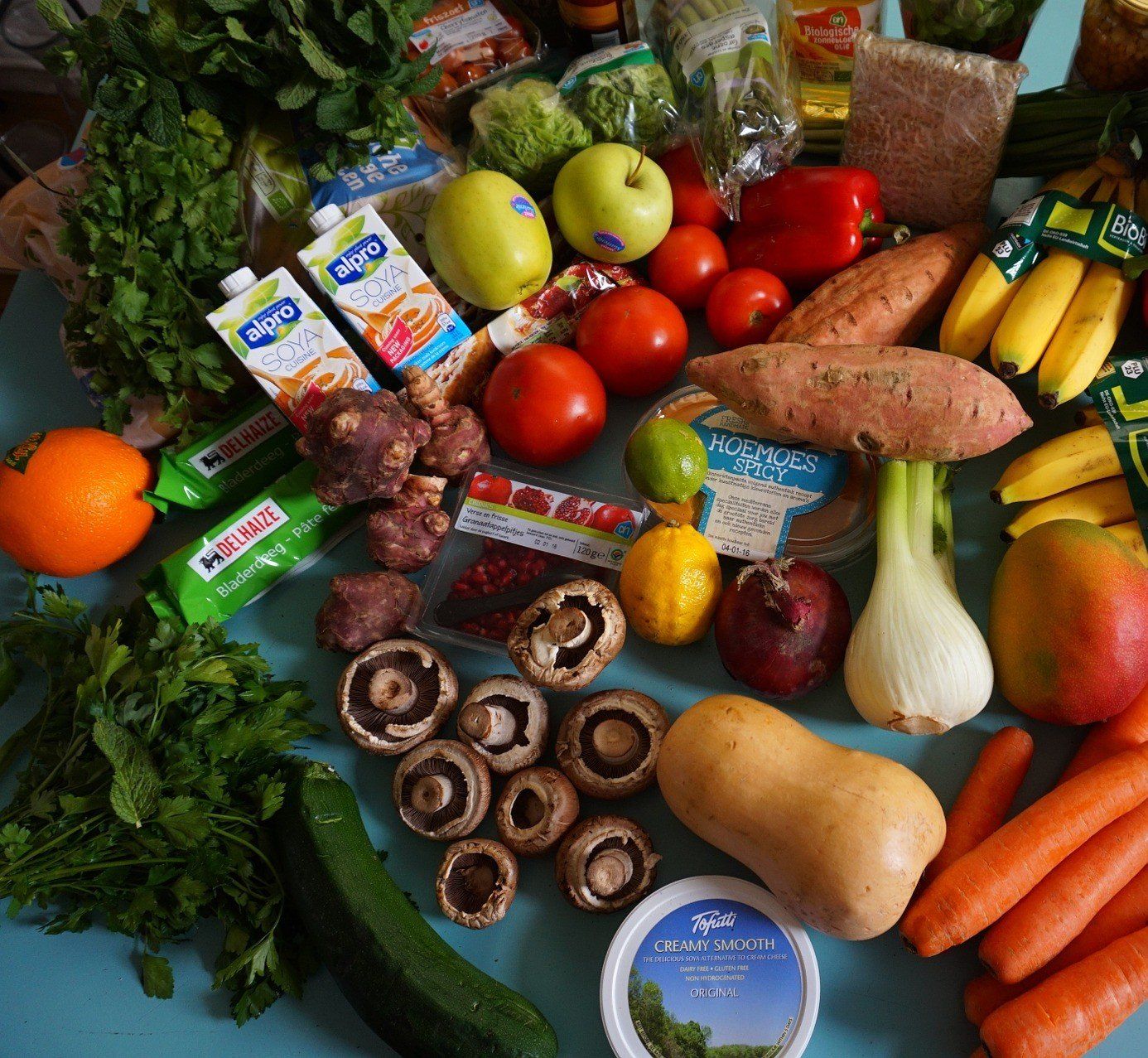
WHAT'S WRONG WITH NON-ORGANIC FOODS
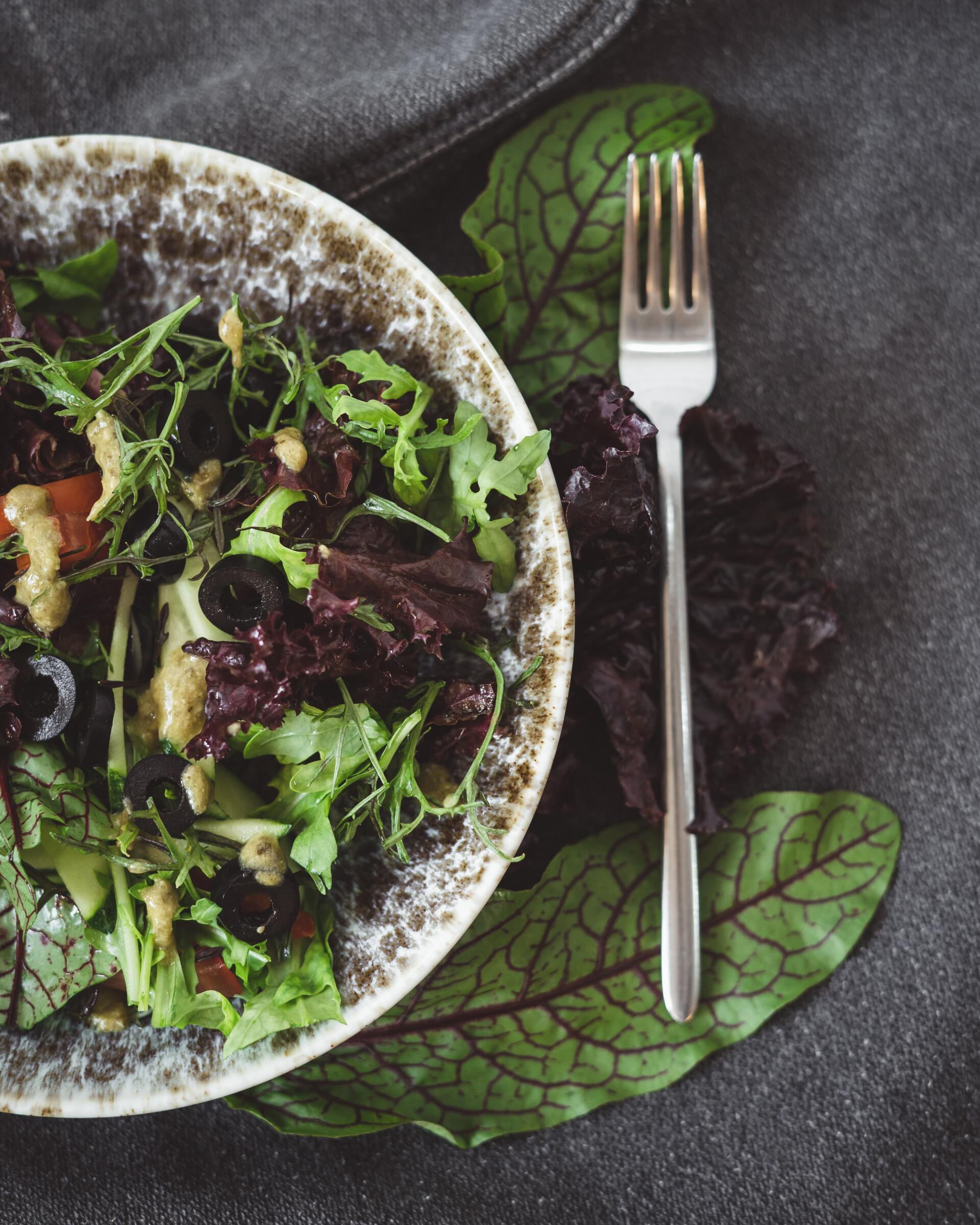
WHY ORGANIC FOODS ARE BETTER
The benefits of organic food are numerous and include fewer cancer-causing hormones, fewer pesticide residues, and less overall environmental pollution.
Given the rising number of health-conscious people, more now than ever are turning to organic products to live a healthier lifestyle and prevent disease.
Genetically Modified Organisms, or GMOs, have been in the news lately, and for a good reason. Many countries worldwide have banned the cultivation of GMO crops, and those that have not regulated how certain crops are grown to prevent cross contamination.
There is much debate surrounding GMOs and the health effects they may have. Genetically modified foods are those where the DNA has been changed, either in a lab or by using bacteria and viruses to transfer the gene of interest into the genetically modified plant or animal. There are many pros and cons to GMOs, and it is always good to do your own research before you decide if this is something you want to consume or not.
There is some scientific evidence that suggests GMOs may have adverse health effects. Several studies have been done on animals, including mice, rats, pigs, cows, sheep, and dogs, showing that consuming GMO foods can lead to serious health problems. These include tumors, severe liver toxicity, and reproductive issues. Also, the thought of these animals suffering such fates due to animal testing is abhorrent, read more here about the truth regarding animal testing.

ARE ORGANIC FOODS MORE NUTRITIOUS?
According to the National Research Council, organic crops have some nutritional advantages over their conventionally grown counterparts and tend to have higher levels of antioxidants, nutrients, and minerals.
- Antioxidants - Plants protect themselves from free radicals by synthesizing phytochemical compounds. Studies have shown that these substances help reduce the risk of cardiovascular disease and cancer.
- Nutrients - Organic crops often contain more nutrients than their conventional counterparts. This is because they use less artificial fertilizer and do not contain any synthetic chemicals that could interfere with nutrient absorption.
- Minerals - Some minerals are important to a healthy diet but are difficult to absorb in large quantities, including things like zinc and iron. Studies show that plants absorb these minerals more efficiently when grown in organically rich soil.
However, there are some limitations to the nutritional benefits of organic foods.
Firstly, they are not always GM-free. Most foods that are organic have been genetically modified in some way to make them grow bigger or resist pests more effectively. Also, GM foods can be certified organic if they meet certain criteria, such as being grown without the use of synthetic pesticides or herbicides.
There is a definable difference between genetically modified foods and genetically modified organisms. GMO crops are created through the insertion of genes from other organisms, such as bacteria or viruses. This process is often used to engineer crops that are resistant to pests or that have higher yields.
There is a growing body of evidence that suggests that these GMO crops may be harmful to human health and the environment. Furthermore, studies have found that some genetically engineered crops contain higher levels of toxic compounds than natural crops.
However, GM foods are not always associated with negative health outcomes, and the science on this issue is ongoing. For example, some studies have found that GM crops can improve the nutritional quality of foods, as well as, survive fluctuations in temperatures and inconsistencies in rainfall, which may help to solve food security problems due to impact with climate change. Nevertheless, the governments of many countries are starting to ban the use of GM foods, and several major supermarket chains have removed these products from their shelves.
Secondly, the term "organic" is not regulated in most parts of the world. This means there is a lot of variation in the quality of organic food. Some products may be very nutritious, while others may not. The only way to find out for sure is to carefully read product labels or ask at the store where their produce comes from, whether it is organically farmed, and when it was harvested.
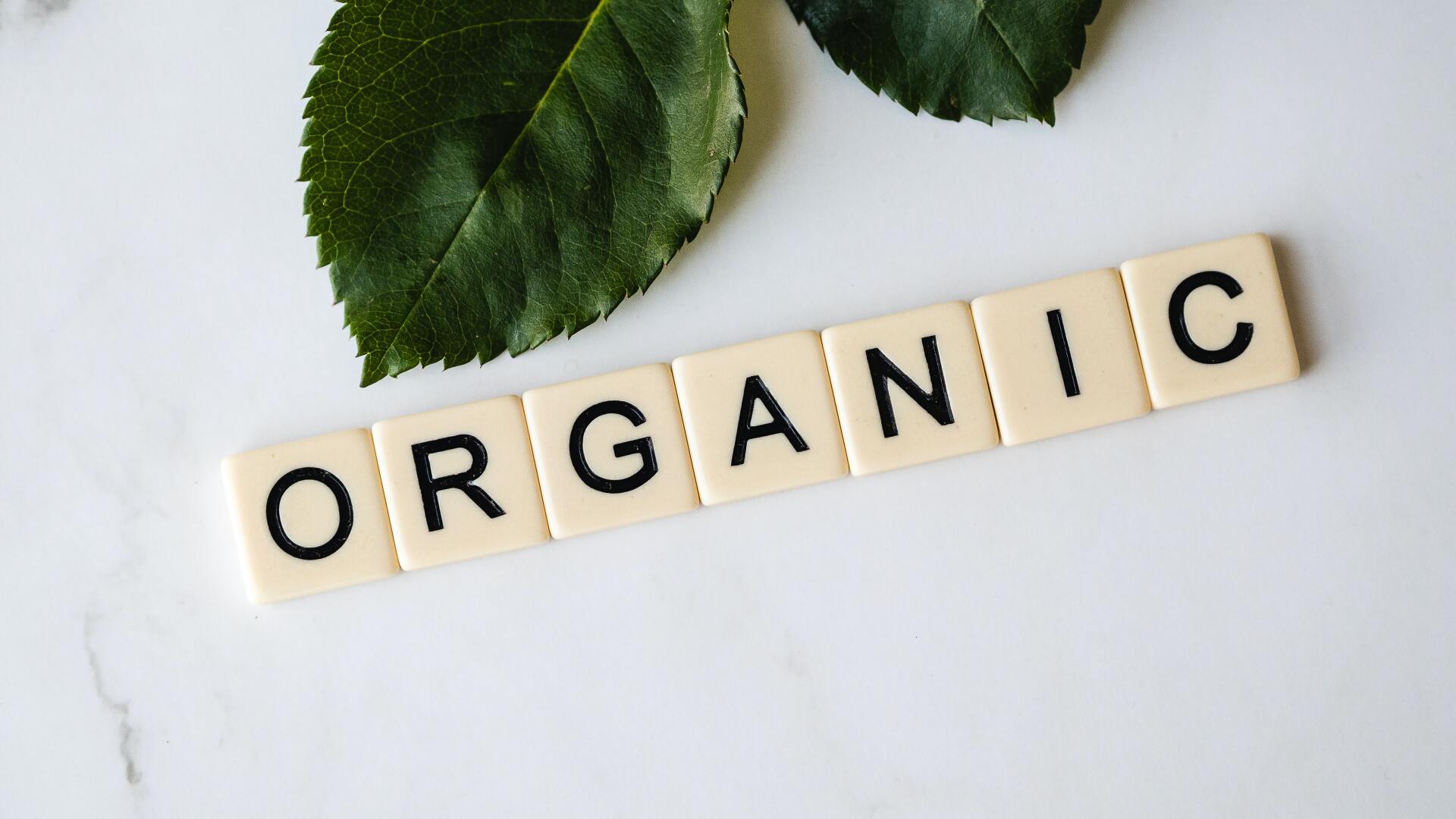
SHOULD YOU AVOID ALL NON-ORGANIC FOODS?
Not necessarily. It's important to consider the entire food chain when deciding what to eat. Organic foods may be healthier, but they are not the only option.
We all need to increase our consumption of fruits and vegetables regardless of whether or not they were grown using organic methods. Researchers at Emory University School of Medicine found that a diet high in vegetables provides many of the same health benefits as an organic diet.
Also, most of the nutritional value of a vegetable comes from its leaves, stems, and other inedible parts. This is one of the reasons I recommend microgreens, as they can quickly be grown at home and contain up to 40x more nutrition than their full-sized vegetable counterparts! I wrote an entire article about the benefits of microgreens; click here to read it!
When it comes to selecting which foods are best to buy organic look to the “Dirty Dozen” list released each year by the Environmental Working Group (EWG). This list includes the 12 fruits and vegetables that contain the highest levels of pesticide residues.
The list changes slightly each year as the EWG updates its data. For 2022, the dirty dozen list includes:
- Strawberries
- Spinach
- Kale and collard greens
- Nectarines
- Apples
- Grapes
- Cherries
- Pears
- Tomatoes
- Celery
- Bell peppers and hot peppers
Even if you can buy just these foods organic, you’re making a difference! There are many other foods that you can buy organic, but these 12 should be a start. No matter what you buy organic, it's a step in the right direction.

PRO'S AND CONS OF ORGANIC VS NON-ORGANIC FOODS
I try to maintain a healthy balance of both. I grow what organic produce I can in the limited space I have and buy organic from the dirty dozen lists released each year.
There are also methods for washing and cleaning your non-organic veg to remove most chemicals sprayed onto the exterior.
The answer lies in choosing organically grown foods to ensure the highest nutritional content or properly cleaning locally grown foods to remove the bulk of toxic herbicide and pesticide residues used in commercial farming. Even better, you should grow your food organically in your garden, a community garden, or local allotments, as then you'll know exactly what goes into the food you eat.
I don't have a garden, as I live on a narrowboat, often moving to different locations, yet I found a way! I grow what I can on my roof, and there's a gardening book called "grow all you can eat in 3 square feet," from which I have taken inspiration.
So, suppose you grew some foods such as herbs, kale, beetroots, and courgettes, for example, as these are easy to grow using organic methods, and you harvested and consumed them on the same or the next day. In that case, you will receive their optimum benefits. However, if you store them for an extended period of time (e.g., in the fridge), then their health benefits will be reduced. This is because the antioxidants are lost over time when the vegetables are stored in a cool place.
It is clear that eating fresh, whole food organic produce is the best way to ensure maximum nutritional benefits.
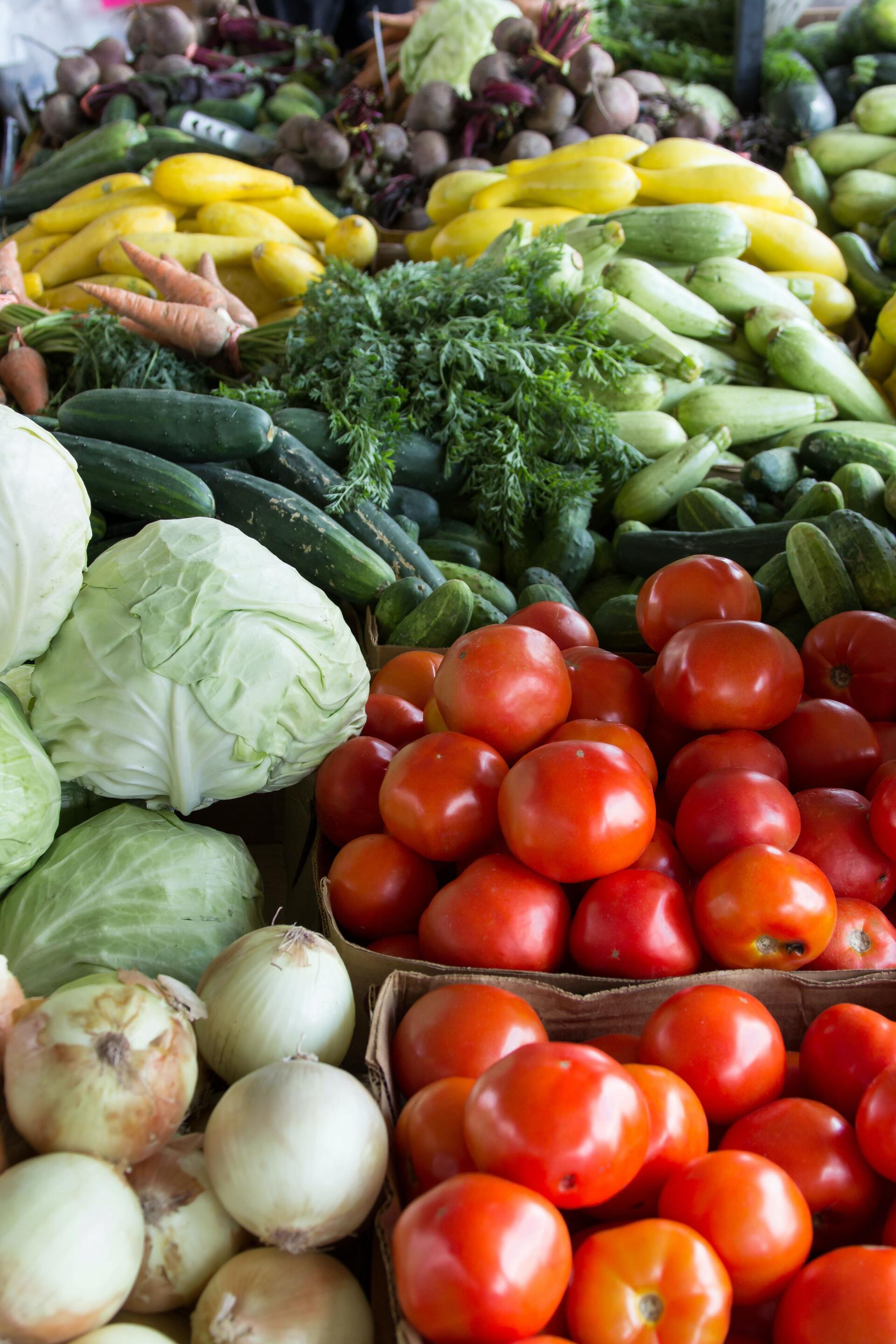
HOW TO WASH AWAY CHEMICALS FROM NON-ORGANIC FOODS
With food prices skyrocketing and no signs of change from conventional farming methods regarding removal of chemical pesticides in fruits and vegetables, purchasing chemical-free and organic products have already become a luxury item for those who can afford them.
So, when it comes to cost, I know that, for example, cucumbers can be half the price when buying non-organic vs. organic. It is great if you can invest in buying solely organic foods instead of growing them yourself. However, for some of us, we may not have space to grow our own food, and we may not always be able to afford most of our produce organic, so washing your produce correctly, especially if non-organic, is key to removing pesticide/herbicide residues.
The best way to clean your produce is by soaking in a water and vinegar solution, which can dissolve chemicals like pesticides found on the surface of non-organic fruits and vegetables, so it's always worth doing this.
The acetic acid in the vinegar can also kill about 98% of bacteria on your produce. So if you have ever heard of the salmonella in broccoli or lettuce incidents that occur from time to time due to fecal matter from nearby animal farms, then using this method can help reduce any risk of these food contaminations.
According to the CSE, washing your produce with 2% salt water will remove most of the contact pesticide residues that typically appear on the surface of the vegetables and fruits. Almost 75 to 80 percent of pesticide residues are removed by cold water washing.
Also, In another study published in Food Control, vegetables soaked in a vinegar, salt, and water solution for 20 minutes was found to have removed chlorpyrifos, DDT, cypermethrin and chlorothalonil pesticides.
After learning this, I habitually soak all my non-organic store-bought fruits and veggies and allow them to dry before they go in my fridge. Then, I can give them a quick rinse before consuming them.

FINAL THOUGHTS
The bottom line is that organic and non-organic foods have pros and cons. It's important to do your own research and make the best decision for you.
Organic foods are those that are grown without the use of synthetic pesticides, herbicides, and fertilizers. Most are also free of genetically modified organisms (GMOs). Many people believe that organic foods are more nutritious than their non-organic counterparts. They also believe that organic farming is better for the environment.
Organic farming has been shown to be more beneficial for the environment in many ways. Organics also tend to be healthier than non-organic versions of the same food; however, this may depend on several factors, including where and how the food was produced.
The organic vs. non-organic debate is likely to continue for many years. Personally, I think that both have their place in a healthy diet if washed correctly using the methods mentioned above. What are your thoughts? Let me know in the comments below!
Blog Post by Rose Wyles - The Vegan Nutritionist
For professional assistance in adopting a healthy and nutritious plant-based diet, kindly reach out to me using the form provided below. I can help you address any possible nutrient deficiencies or health concerns and ensure that your nutritional needs are met through the consumption of plant-based foods.
Additionally, use my services to create a customised plan for reaching your health and wellness goals which includes personalised meal plans, nutritional advice, tasty plant-based recipes, and more.
Start your journey to better health and wellness today!
Share this Post!

Reach out by sending me an email
Need assistance with your diet or health goals? I'm here to help. Send me a message and I'll be in touch.
